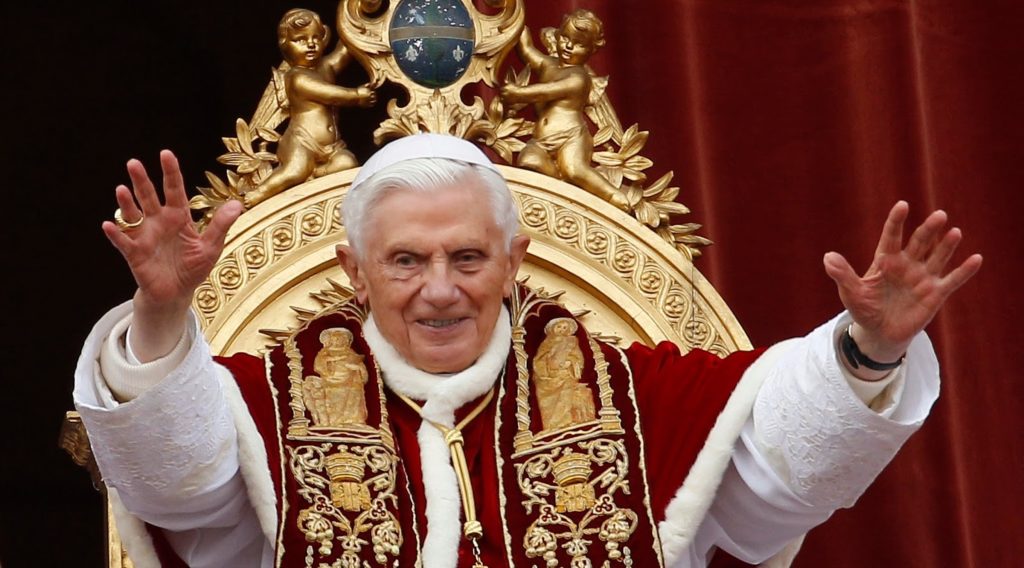
Published January 12, 2023
The recent passing of Pope Emeritus Benedict XVI, even more than his nearly unprecedented resignation from the papacy nine years ago, may mark the end of an era in the modern Roman Catholic Church. In the midst of technological and cultural changes more rapid than any other in human history over the past half-century, Rome has managed to present itself as a rock of tradition and orthodoxy. Not entirely, to be sure. Underneath its veneer of stability have simmered any number of counter-currents of doctrinal discontent and liturgical innovation, not to mention the sickening moral rot of seemingly endless sexual abuse scandals.
Compared to the fractured and fractious landscape of American Protestantism, with our fog machines and self-help spirituality that plays right into the expressive individualism of modern culture, Rome has often looked like an unchanging refuge, whatever its warts. Accordingly, the phenomenon of “swimming the Tiber” has become something of an epidemic among evangelical elites since the 1990s, as dozens of notable intellectuals, disenchanted with the sorry state of Protestantism, have decided to give Rome a go.
Please continue reading with WORLD Opinions.
Brad Littlejohn, Ph.D., is a Fellow in EPPC’s Evangelicals in Civic Life Program, where his work focuses on helping public leaders understand the intellectual and historical foundations of our current breakdown of public trust, social cohesion, and sound governance. His research investigates shifting understandings of the nature of freedom and authority, and how a more full-orbed conception of freedom, rooted in the Christian tradition, can inform policy that respects both the dignity of the individual and the urgency of the common good. He also serves as President of the Davenant Institute.
Brad Littlejohn, Ph.D., is a Fellow in EPPC’s Evangelicals in Civic Life Program, where his work focuses on helping public leaders understand the intellectual and historical foundations of our current breakdown of public trust, social cohesion, and sound governance. His research investigates shifting understandings of the nature of freedom and authority, and how a more full-orbed conception of freedom, rooted in the Christian tradition, can inform policy that respects both the dignity of the individual and the urgency of the common good. He also serves as President of the Davenant Institute.










